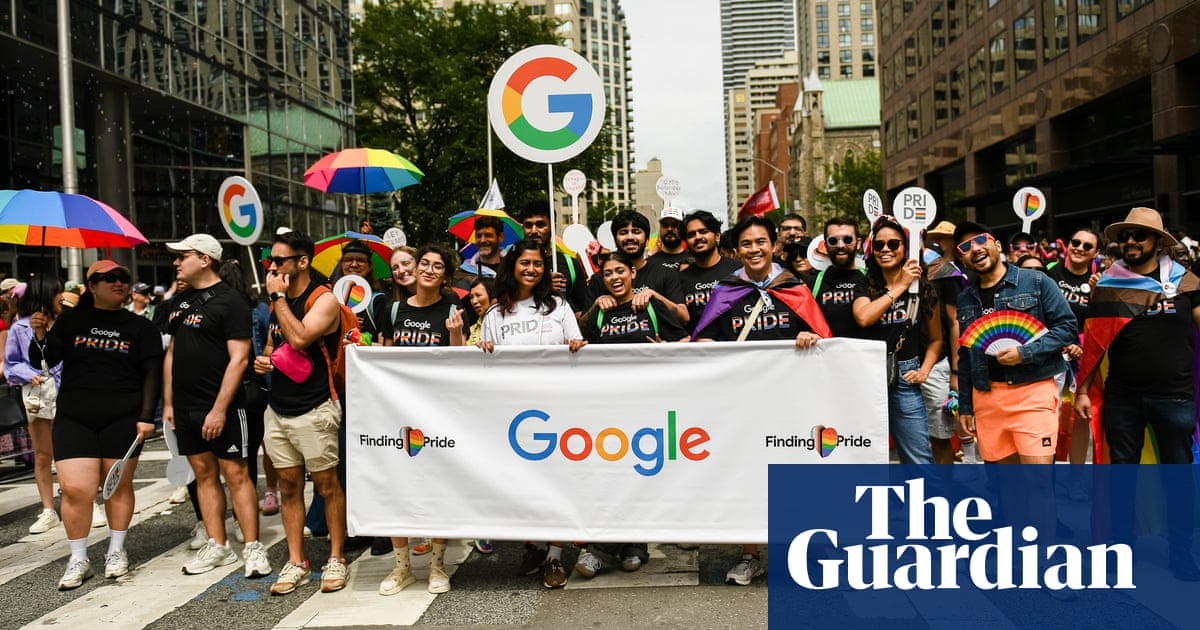Inanother blowto one of the largest celebrations of LGTBQ+ people in North America,PrideTorontohas unexpectedly lost two more major corporate sponsors, just weeks before the festival in a setback the festival’s organizer says is direct result ofDonald Trump’s campaign to eradicate diversity, equity and inclusion (DEI) initiatives in the US.
GoogleandHome Depotboth announced their plans to abandon the festival in the form of one-line emails, said Kojo Modeste, the executive director of the Canadian event.
Organizers have warned that the loss of sponsors will pose operational challenges for PrideTorontothat attracts 3 million attendees annually. Other organisations, including local trade unions, have stepped in to help make up the shortfall, but Modeste told the Guardian he was deeply worried about the celebration’s future.
“Am I going to have to drastically cut what the festival looks like for 2026? This is not the place that I want to be in,” he said.
Home Depot told the Toronto Star it continually reviews its non-profit giving and decided not to contribute this year. Google told the newspaper it would be supporting “Toronto Googlers” marching in the parade and “community moments” from Pride.
The sudden exit of Google and Home Depot follows the departure in February ofthree other prominent sponsors. At the time, Modeste did not name them, but on Friday he revealed that they were Nissan, Adidas and Clorox. All three have been approached for comment.
“These are American companies and they are showing their true colours,” said Modeste. “We thought they were with the community, but clearly, they’re not.”
Corporate sponsorship not only goes towards paying staff, but hundreds of local artists and to keepPrideas a free event.
Modeste said he grew up in a period before widespread Pride celebrations – and did not want that to be the experience of current younger generations. “I don’t want to be the one to have to make that decision, to take Pride away from the community,” he said.
The White House’s condemnation of diversity and inclusion efforts has resulted in corporations shirking away from festivals that they once loudly supported, said Sui Sui, a professor at Toronto Metropolitan University whose research focuses on DEI initiatives.
Sui said that the move also signals that commitments large sponsors made in the past were tenuous and motivated not because of genuine support, but because of the perceived profitability of aligning with such causes.
Themonths-long purgeof US federal government workers by the Trump administration has resulted in the firings of tens of thousands of people, including those who worked in forwarding diversity and equity initiatives.
Sui said that the chill aroundsponsors for pride eventshas also affectedNew York City and Philadelphia. Mastercard, Nissan, Pepsi, Garnier and more major backers have abandoned the New York celebration, while Target and Philadelphia Union exited Philly Pride 365.
“Canada is following suit,” she said.
For the future, Pride Toronto and other pride events may need to rely more significantly on grassroots efforts to keep events going, she said.
“It’s for them to see who truly believes the importance of Pride.”
